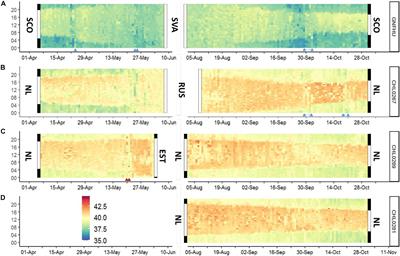EDITORIAL
Published on 07 Sep 2022
Editorial: Ecophysiological adaptations associated with animal migration
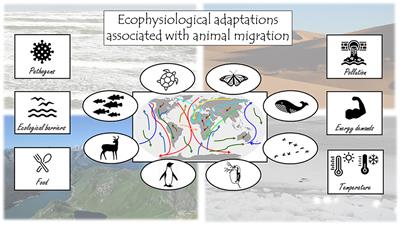
doi 10.3389/fevo.2022.1022173
- 1,933 views
- 3 citations
10k
Total downloads
72k
Total views and downloads
EDITORIAL
Published on 07 Sep 2022

ORIGINAL RESEARCH
Published on 13 Jun 2022
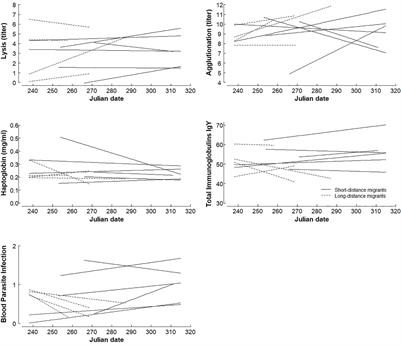
ORIGINAL RESEARCH
Published on 03 Mar 2022
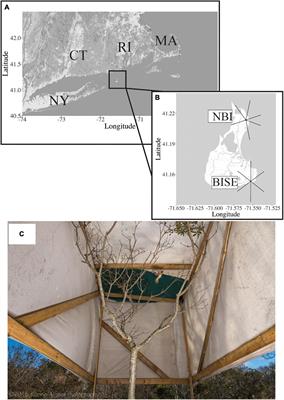
ORIGINAL RESEARCH
Published on 16 Feb 2022

ORIGINAL RESEARCH
Published on 16 Feb 2022
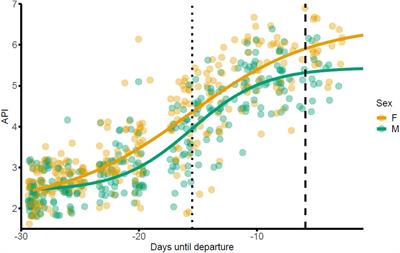
REVIEW
Published on 26 Oct 2021
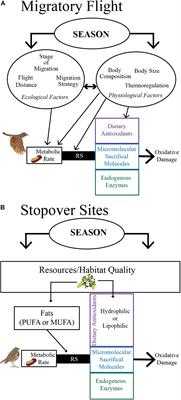
ORIGINAL RESEARCH
Published on 23 Sep 2021
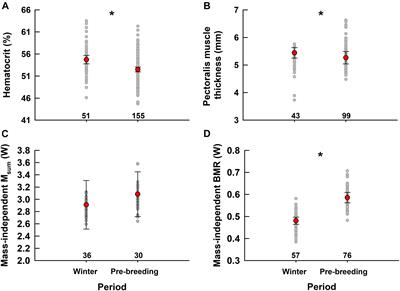
ORIGINAL RESEARCH
Published on 19 Aug 2021

ORIGINAL RESEARCH
Published on 16 Aug 2021
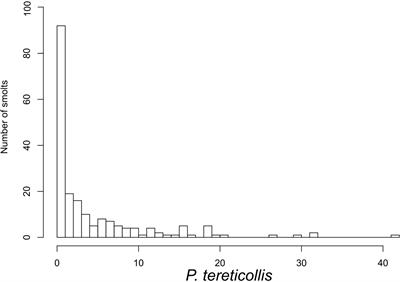
ORIGINAL RESEARCH
Published on 09 Aug 2021
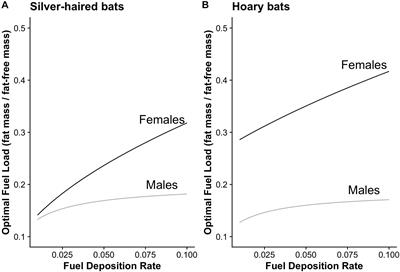
ORIGINAL RESEARCH
Published on 02 Aug 2021

ORIGINAL RESEARCH
Published on 29 Jun 2021
